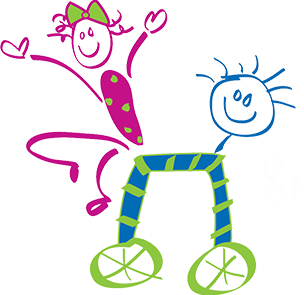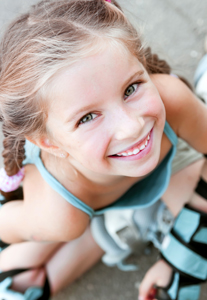Tips for a Tooth-Friendly Thanksgiving
November 26th, 2025

Nothing is more welcome at the Thanksgiving table than your happy, healthy smile! Here are some ideas to keep your holiday smile looking and feeling its best.
#1 Good Dental Hygiene Doesn’t Take Holidays Off
Thanksgiving day is bustling with activity, with shared meals and travelling and get-togethers in Naperville, Illinois. But it’s still essential to make time for proactive dental care. When foods stick around your teeth after you eat, the bacteria in plaque use those sugars and carbs to create acids which erode teeth and lead to cavities. And since Thanksgiving offers plenty of opportunities during the day to nibble on foods high in sugars and carbs, your teeth might need some extra TLC.
- If you’re home, brush and floss as usual after eating. If you’re travelling, bring a kit with a travel-size toothbrush and toothpaste and some floss to keep your teeth clean and your breath fresh throughout the day.
- If you’ve been eating acidic foods like cranberry sauce, wine, or sodas, wait about 30-60 minutes to brush. Acids weaken enamel temporarily, and, until the enamel rehardens, brushing can be abrasive.
- Hydrate with water. Water helps wash away food particles from teeth and braces and helps neutralize enamel-damaging acids in foods and drinks by encouraging healthy saliva production.
#2 Be Choosy about Your Food Choices
- Make sure your plate has a healthy portion of protein and vegetables.
- If your dinner just isn’t complete without carbs, try whole grain rolls instead of soft breads and sweet potatoes instead of white potatoes.
- Eat sweets and desserts with meals, when saliva production is high. This helps wash away sugars and neutralize acids.
- If you or your child wears braces, be sure to keep to braces-friendly foods. This means nothing crunchy, chewy, hard, or sticky.
- Make water one of your go-to beverages. If you do drink acidic beverages such as coffee, soda, or energy drinks, don’t sip them throughout the day. This bathes the teeth in acid for long periods.
- Chew sugarless gum if the team at Small Smiles LLC recommends it. Sugar-free gum encourages saliva production.
#3 Use the Right Tools When You Cook and Eat
And the right tools are never your teeth! Even when every surface in the kitchen is devoted to food prep and you can’t find the bottle opener or the nutcracker or the scissors anywhere, using your teeth to open bottles or nuts or bags of chips is a recipe for disaster. Avoid fractured and chipped teeth by using the appropriate tool for the job.
#4 See Your Dentist to Prevent Small Problems from Becoming Big Holiday Disruptions
If you’ve been suffering tooth pain or sensitivity, schedule an appointment with David Jones before the holidays to make sure your teeth and gums are their healthiest. Nothing takes the fun out of feasting more quickly than a dental emergency.
Work with David Jones to ensure that your dental health is at its best for the holidays and every day. With proactive care, a tooth-friendly diet, and regular examinations, you’ll be welcoming friends and family with a beaming, healthy smile all year long.










 Website Powered by Sesame 24-7™
Website Powered by Sesame 24-7™